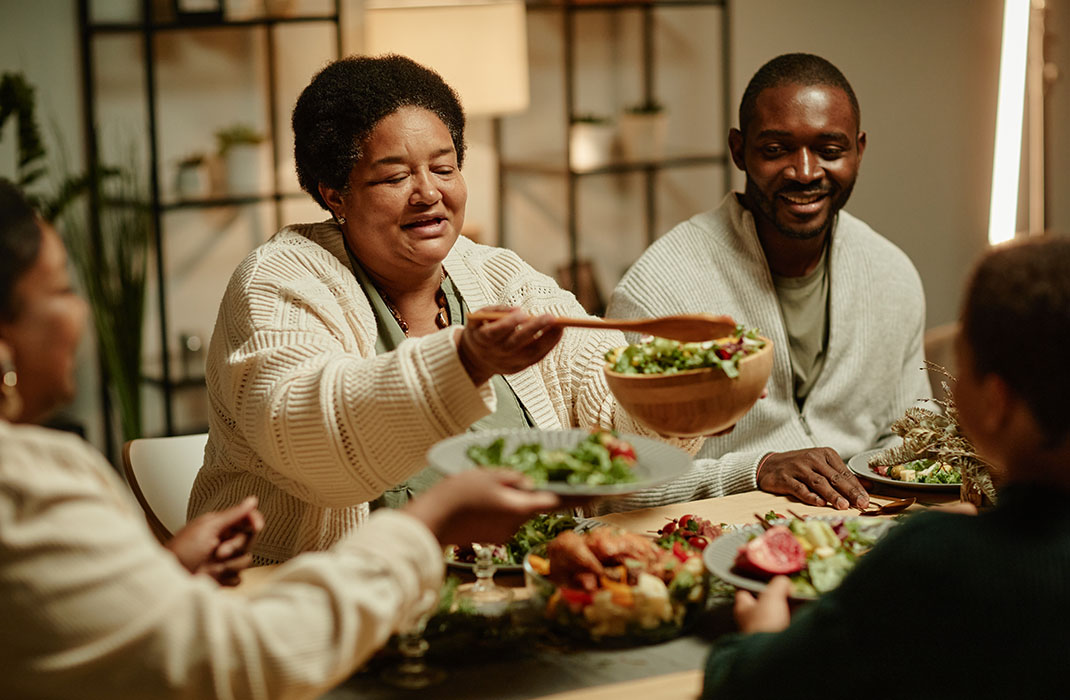-
- Find Care
-
- Visitor Information
- Find a Location
- Shuttles
- Visitor Policies
-
-
- Our Virtual Care Options
- Virtual Urgent Care
- Virtual Visits for Primary & Specialty Care
- Online Second Opinions
- Participate in Research
-
- Contact us
-
- For Innovators
- Commercialization Guide for Innovators
-
-
- Research News
- Alzheimer's Disease
- Artificial Intelligence
-
- Overview
-
- Overview
- Getting Started
- New to Mass General Brigham
- International Patient Services
- What Is Patient Gateway?
- Planning Your Visit
- Find a Doctor (opens link in new tab)
- Appointments
- Patient Resources
- Health & Wellness
- Flu, COVID-19, & RSV
- Billing & Insurance
- Financial Assistance
- Medicare and MassHealth ACOs
- Participate in Research
- Educational Resources
- Visitor Information
- Find a Location
- Shuttles
- Visitor Policies
- Find Care
-
- Overview
- Our Virtual Care Options
- Virtual Urgent Care
- Virtual Visits for Primary & Specialty Care
- Online Second Opinions
-
- Overview
- Participate in Research
-
- Overview
- About Innovation
- About
- Team
- News
- For Industry
- Venture Capital and Investments
- World Medical Innovation Forum (opens link in new tab)
- Featured Licensing Opportunities
- For Innovators
- Commercialization Guide for Innovators
- Contact us
-
- Overview
- Information for Researchers
- Compliance Office
- Research Cores
- Clinical Trials
- Advisory Services
- Featured Research
- Two Centuries of Breakthroughs
- Advances in Motion (opens link in new tab)
- Brigham on a Mission (opens link in new tab)
- Gene and Cell Therapy Institute
- Research News
- Alzheimer's Disease
- Artificial Intelligence
-
- Overview
-
- Overview
- Residency & fellowship programs
- Brigham and Women's Hospital
- Massachusetts General Hospital
- Mass Eye and Ear
- Newton-Wellesley Hospital
- Salem Hospital
- Integrated Mass General Brigham Programs
- Centers of Expertise
- Global & Community Health
- Health Policy & Management
- Healthcare Quality & Patient Safey
- Medical Education
- For trainees
- Prospective trainees
- Incoming trainees
- Current trainees
- Continuing Professional Development
Tips to Help Manage Holiday Weight Gain

Content warning: Weight, food, and body discussion
It’s hard to talk about the winter holidays without talking about weight gain.
It makes sense: The holidays are tangled with emotions and seasonal changes that can make it harder stay on track with healthy choices. There’s the excitement and joy of celebrating, but seasonal depression and grief during the holidays are also common. Wintry weather and shorter days can make it difficult to move as much as we might like throughout the day. And every gathering seems to center around preparing — and enjoying — rich meals and festive treats.
Year after year, holiday weight gain may feel unavoidable. And for those working to maintain or lose weight, that can be a major source of stress.
Abeer Bader, MSc, RD, LDN, is a Mass General Brigham dietitian, and the lead clinical nutrition specialist at the Massachusetts General Hospital Weight Center. Below, she shares five tips for maintaining your weight without giving up your favorite holiday foods.
- Think “holiday,” not “holiday season.”
“We tend to think about the holidays as a ‘holiday season,’ rather than focusing on the day a holiday is celebrated,” Bader says. “We have this thought process that once Halloween comes around, it’s the holiday season up through January 2, when it’s time for New Year’s resolutions. And when you think about resolutions, losing weight and/or improving health are often at the top of the list.”
It’s a difficult cycle. But as Bader explains, an open mind, a solid plan, and a flexible lifestyle can go a long way in breaking the habits that can lead to excessive weight gain.
“Instead of thinking of it as a season, think about enjoying the individual days during the holiday months. Yes, you can enjoy your favorite foods on the holiday day. You don’t really need to overthink your choices — enjoy the piece of pie! One day isn’t going to deter your efforts or health goals. It’s more about consistency and what you’re doing the rest of the year.”
- Avoid holiday weight gain by setting up for success.
It’s much easier to follow a healthy lifestyle when your environment matches your goals.
“What is your goal? Is it weight loss? Is it making sure your glucose levels are controlled? Is it maintaining weight loss you’ve achieved? After you answer that, the next step is planning for that goal and setting up your home environment, or office environment, for success,” Bader says.
There are many ways you can set up your environment in a way that keeps you on track for your goals. “If your weakness is pecan pie, you don’t want to have a pecan pie within easy reach and on your kitchen counter within center view,” Bader explains. “You may want to purchase it for the holiday or special occasion and give your friends the leftovers or freeze the rest.”
Parties and celebrations tend to pop up more often during the winter months. If you’re invited to a holiday gathering hosted by someone else, you can still contribute to a healthier environment.
“Bring a healthy dessert you enjoy, a vegetable-based side dish, or a protein-packed main meal that will satisfy your needs,” Bader suggests. That way, you can be certain of at least one healthful choice on your plate.
- Have a day-of plan to prevent overeating during the holidays.
- Practice mindful eating and listen to hunger cues.
“Mindful eating means really trying to be present in the moment when you’re eating,” Bader explains. “Take a look at your surroundings, listen to your hunger and satiety cues, and focus on the pleasure of eating.”
Bader encourages her clients to practice mindful eating with her “4 Ws for weight management”:
- When you eat — the time of day you’re eating or the occasion for the meal or snack and your environment
- What you eat — the type and quality of foods on your plate or in your hand, and the basic taste (sweet, salty, bitter, savory, umami)
- Weight of food — the portion or amount of food you’ve chosen
- Why you eat — Are you eating simply because you’re hungry? Are there any other possible triggers, such as stress, boredom, sadness, or pressure?
“When we eat, what we eat, and why we eat may influence hunger and satiety signals in determining how much to eat,” she says.
It can feel like the holidays are all about food — and in some ways, they are. But there’s more to each holiday than what’s on the table: Bader says being aware of your entire experience can be helpful for mindful eating.
“We think of the holidays as revolving around food, but we should also try to enjoy other pleasures,” she says. “Take time to enjoy the experiences, the conversations, the table setting, any decorations. Really enjoy the memories you’re going to make.”
- Actively manage your stress during the holidays.
The holidays can be stressful for many reasons. You may be spending time with family and friends you haven’t seen in a while, or you might be spending more time alone than you’d like. You may be feeling some financial pressure at a time when you’re trying to buy holiday gifts, or you’re fatigued after running from event to event.
Whatever the source of your stress may be, there’s a good chance it’s making it harder for you to make healthy choices.
“Stress influences weight,” Bader explains. “So, you want to think about how you can manage your stress. Physical activity can be a great coping mechanism for stress; so can journaling or meditating.”
Holiday stressors can also reduce the quality and quantity of our sleep — which can, in turn, contribute to weight gain. “There is also literature suggesting increased weight gain relates to inadequate and interrupted sleep,” Bader says. “So, it’s important to get the recommended 7 hours of good sleep.”
Above all, Bader says, it’s most important that you deeply commit to your health-related goals. “Goal setting helps with focus and motivation. It also helps us identify barriers to healthy eating and change. Having a solid plan; clearly stating your intention; setting specific, measurable, achievable, relevant, time-bound (SMART) goals; addressing setbacks; restructuring your unique goals as needed; and having a good support system are all instrumental to successful weight management.”

